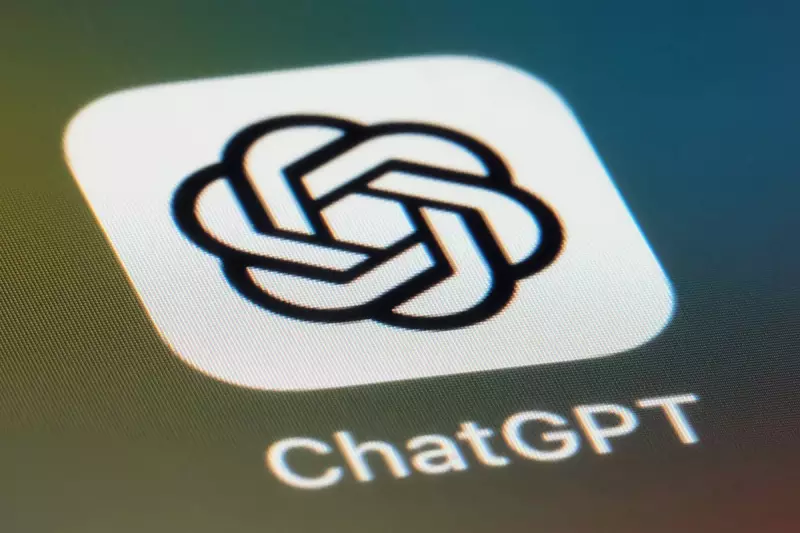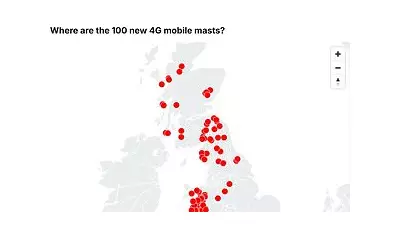
Artificial intelligence tools like ChatGPT are increasingly being used for medical queries, but experts are raising serious concerns about their reliability. A recent study has found that the popular chatbot often provides inaccurate or incomplete health information, potentially putting users at risk.
The Dangers of AI Diagnosis
Researchers discovered that while ChatGPT can generate impressively detailed responses to medical questions, about 30% of its answers contain factual errors or omit crucial information. This raises significant concerns as more people turn to AI for health advice rather than consulting qualified professionals.
Key Findings:
- ChatGPT frequently provides outdated treatment recommendations
- The AI struggles with complex medical conditions requiring nuanced understanding
- Responses often lack appropriate warnings about potential side effects
- There's no way to verify the sources of the information provided
Why This Matters for Patients
With NHS waiting times at record highs, many are tempted to use AI chatbots for quick medical answers. However, healthcare professionals warn that self-diagnosis through unverified sources could lead to dangerous consequences, including delayed treatment or inappropriate self-medication.
Dr. Sarah Thompson, a London-based GP, explains: "While AI tools might seem convenient, they lack the clinical judgment and contextual understanding that human doctors develop through years of training. A chatbot can't examine you or ask follow-up questions based on your medical history."
The Future of AI in Healthcare
Despite these concerns, researchers acknowledge that AI could play a valuable supporting role in healthcare if properly regulated. Some suggest that future versions might be developed specifically for medical purposes, with built-in safeguards and verified information sources.
For now, experts strongly recommend consulting qualified healthcare providers rather than relying on AI for medical advice. The NHS website remains the most reliable source of health information for UK residents.





